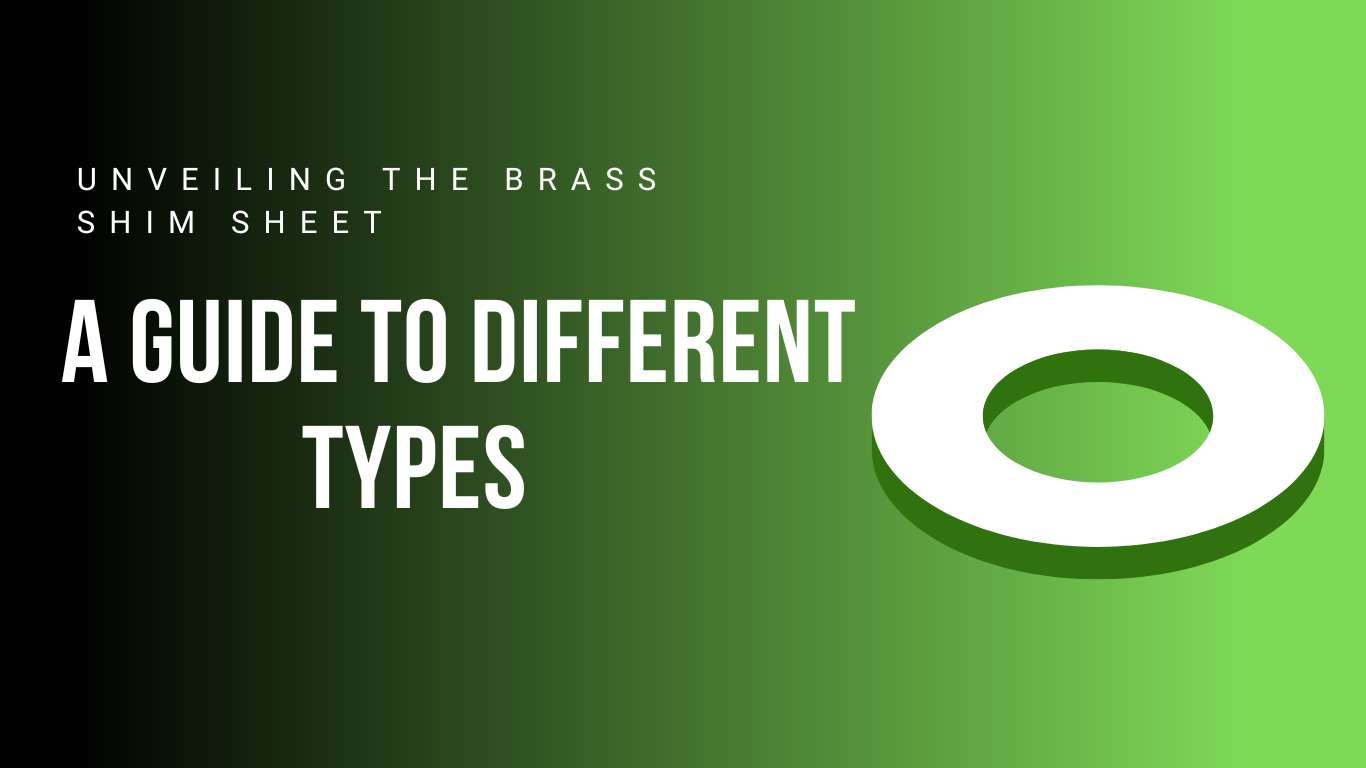
Brass shim sheets,known for their versatility and functionality, are a staple material across various industries. But with their diverse applications comes a range of options in terms of material properties. This guide delves into the different types of brass shim sheets to help you choose the perfect fit for your project.
While various brass alloys exist, C260 (half hard) is the most common type used for brass shim sheets. It offers a well-balanced combination of formability, allowing for easy shaping, and strength for reliable performance. However, depending on the specific needs of your application, you might encounter other brass alloy options:
This type prioritizes strength over formability. It's ideal for applications requiring rigidity, such as shims for tight tolerances or components exposed to pressure.
This option falls between C260 and C280 in terms of formability and strength. It provides a good balance for applications where both characteristics are somewhat important.
The temper of a brass shim sheet refers to its hardness level. Here's a breakdown of the common tempers mentioned above:
As mentioned, this is the most widely used temper, offering good workability and moderate strength.
This temper prioritizes strength and is less malleable, making it suitable for applications requiring structural integrity.
This temper provides a balance between formability and strength, ideal for situations where both are moderately important.
Beyond the standard C-designated alloys, some suppliers might offer brass shim sheet made from specific brass formulations with unique properties. It's always best to consult with your chosen supplier to discuss your project requirements and explore all available options.
Remember: When selecting a brass shim sheet, consider the following factors alongside the type and temper:
Brass shim sheets come in various thicknesses, typically ranging from 0.002 inches (0.05 mm) to 0.125 inches (3.18 mm). Choose a thickness that meets the specific needs of your application, considering factors like strength, compressibility, and electrical conductivity requirements.
Standard sizes are readily available, but some suppliers offer custom cutting services for specific size requirements.
By understanding the different types of brass shim sheets and their properties, you'll be well-equipped to choose the optimal material for your next project, ensuring successful completion and optimal performance.
In the market for brass shim sheets? Understanding the variety of options available is key. Search for reputable brass shim suppliers who offer a range of brass shim sheet sizes to meet your project needs. Utilize terms like "brass shim sheet near me" or "Brass Alloy Shims Supplier" to find local vendors. Consider factors like brass shim sheet price and explore potential cost savings with Brass Shim Sheet Wholesale Trader from Mumbai (for bulk orders). Remember, brass shims and brass shim stock are interchangeable terms, referring to the same thin sheet brass material. For additional clarity, you can also search using broader terms like metal shim or brass sheet.
Our range of shims includes metal, machine, industrial, precision, adjustable, machinery, engineering, custom, and alignment shims. These shims are designed for various applications, such as machinery alignment, fine adjustments in industrial-grade machines, engineering projects requiring steel shims, heavy-duty machinery requiring versatile metal shims, aerospace applications demanding precision stainless steel shims, automotive use requiring adjustable aluminum shims, precision engineering projects using high-quality brass shims, construction applications requiring durable plastic shims, specialized machinery needing customized shim solutions, and manufacturing processes requiring fine-tuning shims for precise alignment and accurate machine setup and leveling.



